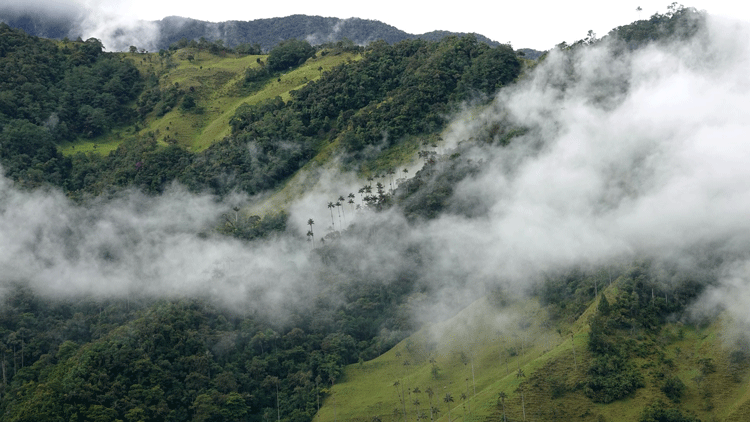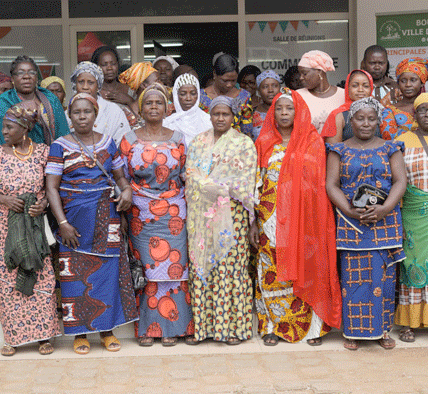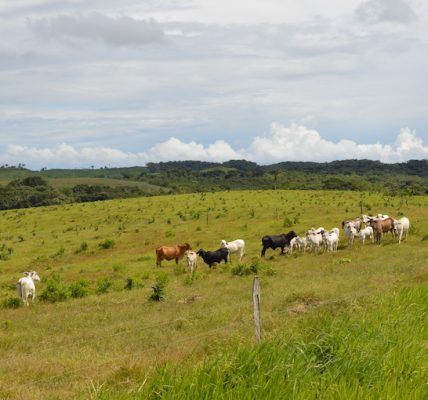Agriculture, forestry, and other land uses (AFOLU) are major sources of greenhouse gas (GHG) emissions, accounting for 25% of global emissions. In Latin America, AFOLU contributes a significant 56% of total emissions, outpacing the energy sector. For Latin America to meet its 2050 decarbonization goals, policies and actions must heavily target the AFOLU sector.
Deforestation, responsible for about 38% of AFOLU emissions, is a major concern. The 2022 Forest Declaration Assessment reported a 6.6 million-hectare increase in global deforestation, with Latin America seeing an 8% rise. Drivers of deforestation in the region include illegal mining, agricultural expansion, and unstable land tenure among subsistence farmers.
Agricultural emissions are also rising, driven by population growth and the sector’s economic importance. Methane from cattle and nitrous oxide from fertilizers are the primary sources of these emissions. Reducing emissions from land use change, rather than agricultural emissions, is crucial for decarbonization.
In his latest column in NTN24, Alexis Leroy, CEO & Founder of ALLCOT, highlights the importance of Natural Climate Solutions (NCS) like Avoided Forest Conversion, Forest Restoration, and Silvopastoral practices. These strategies can significantly cut emissions while offering biodiversity, food security, and rural development benefits.






